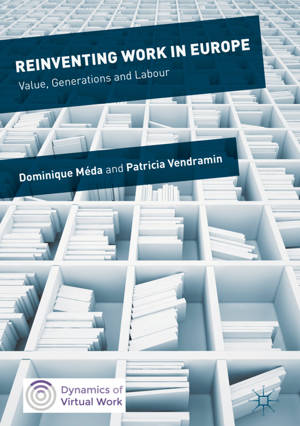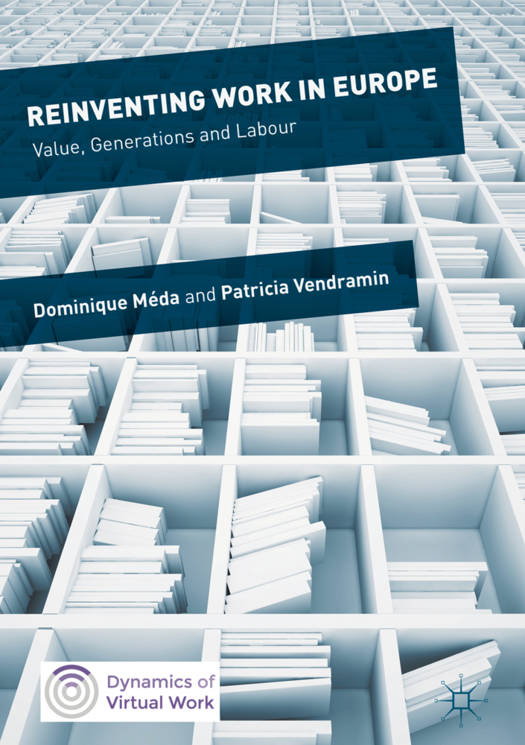
- Afhalen na 1 uur in een winkel met voorraad
- Gratis thuislevering in België vanaf € 30
- Ruim aanbod met 7 miljoen producten
- Afhalen na 1 uur in een winkel met voorraad
- Gratis thuislevering in België vanaf € 30
- Ruim aanbod met 7 miljoen producten
Omschrijving
This book looks at the history of work and the meanings that are attached to it over time. Taking as its basis a number of international surveys and interviews conducted in Europe, the authors consider the significance of work for Europeans today.
Over the years the meaning of work has changed. It has become more highly diversified, and it is today invested with high expectations that conflict with organisational developments and the changing nature of the labour market. The authors use a generational perspective to explore whether it is possible to reconcile the contemporary "ethos" of work, especially with regards to women and young people, with organisations that are increasingly under pressure to be profitable and productive.
Reinventing Work in Europe will be of interest to scholars and students in the areas of sociology of work, employment and organizations, labour studies, digital economy, and political economy.
Specificaties
Betrokkenen
- Auteur(s):
- Uitgeverij:
Inhoud
- Aantal bladzijden:
- 265
- Taal:
- Engels
- Reeks:
Eigenschappen
- Productcode (EAN):
- 9783319395241
- Verschijningsdatum:
- 28/12/2016
- Uitvoering:
- Hardcover
- Formaat:
- Genaaid
- Afmetingen:
- 155 mm x 211 mm
- Gewicht:
- 453 g

Alleen bij Standaard Boekhandel
Beoordelingen
We publiceren alleen reviews die voldoen aan de voorwaarden voor reviews. Bekijk onze voorwaarden voor reviews.









